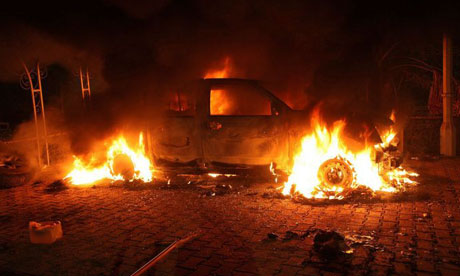They say photography liberated painting from the need to be representational, freeing it of the task to show things as they are. Less than two centuries from the birth of photography, we need to consider whether photography needs to be liberated from itself. What photography excels at, its phenomenal ability to record the visible, is perhaps its Achilles heel. Not for doing it badly, as many practitioners do it phenomenally well, but because of the weight that bears down upon its shoulders. The burden of trust, rather than the erosion of it, lies at the centre of the drama, for drama is what it is. If the world is a stage then the photographer is the scribe, the choreographer, and sometimes the script writer, but rarely the one directing the play.
Ironically, it is the entity that is blamed for the demise of truthful photography, the digital sleight of hand, which is perhaps the true liberator. What photography did for painting, the computer has done for photography. Not by replacing it, but by removing the mask. Photography, like any other medium, is what its proponent makes it to be. Its fidelity makes it neither more honest nor more ethical. Those attributes continue to reside with the author, both the one with the camera and the other author, the one who sits at the editorial table. The photographer selects the frame, the editor selects the frame within which this inner frame exists. The selection of the image, the cropping, the juxtaposition with text or graphic or advert or headline, the sequencing, the timing and the hierarchy within the news pyramid, makes the photographic image the putty with which the truth is massaged. Its unintended veracity, the very tool, which others in the news-chain exploit with abandon.





